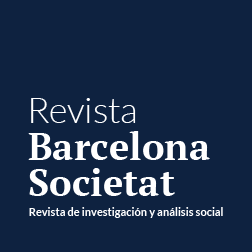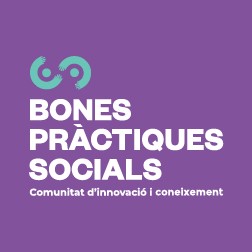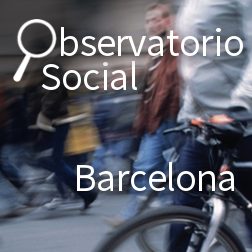Preventing, detecting and addressing unwanted loneliness among the elderly
08/04/2023 - 10:23
Data from the Òmnibus Survey 2022 show that 2.1% of the over 65s in Barcelona state they feel lonely often or very often. A practical guide has been presented on preventing, detecting and addressing unwanted loneliness among the elderly.
The new initiative is part of the Municipal Strategy against Loneliness 2020-2030 and offers guidance on promoting and generating opportunities for forming ties and a sense of belonging during ageing, providing tools for professionals in contact with elderly people so they can prevent, detect and act in cases of unwanted loneliness.
Physical limitations, the loss of a partner and significant social relationships, retirement, high expectations about attention or family support and the digital divide are just some of the factors that can contribute to the feeling of loneliness during ageing.
Entitled Guia per a la prevenció, detecció i acompanyament de persones grans en situacions de soledat, the guide sets out a series of pointers and recommendations in four areas, mainly based around elderly people but also those around them:
- Relating to the elderly person: recommendations to address risk factors, consider indirect comments which may show the person is lonely and activate their existing ties and alliances.
- Relating to those living with the elderly person: these aspects relate more to where elderly people live and who they live with.
- Relating to day-to-day relationships and contact: this refers to the strongest links to elderly people outside the people they live with, such as friends.
- Community dimension: includes aspects linked more to the community where people live and where they interact with other people, such as public space, facilities and neighbourhood organisations.












